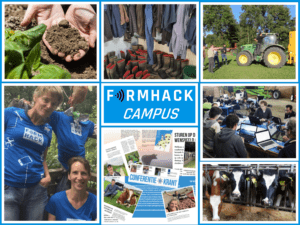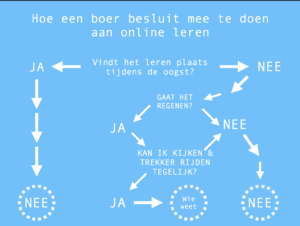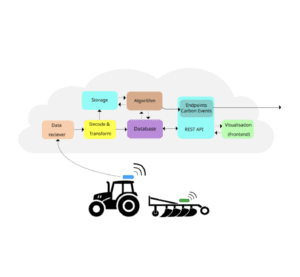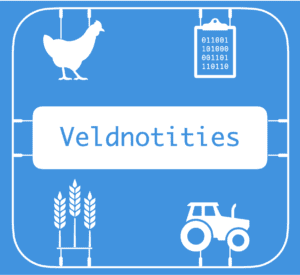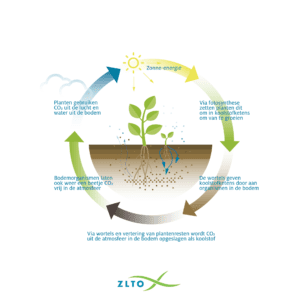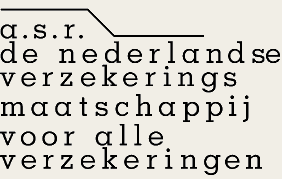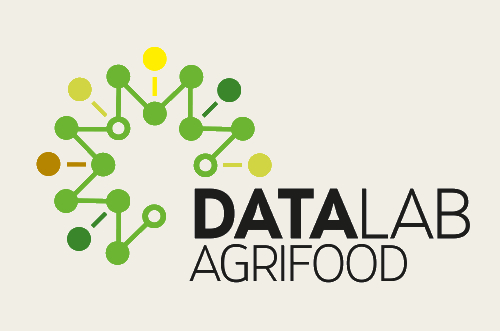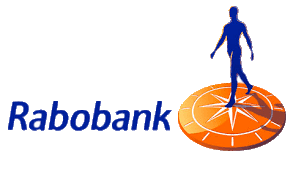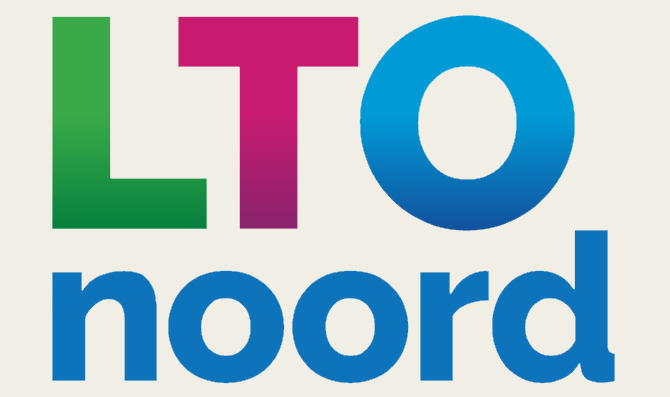
Door Anne Bruinsma
COVID-19 Do It Yourself Hackathon
In light of the current COVID-19 crisis, the SmartAgriHubs program is stimulating the development of digital innovations which can help tackle the challenges faced by the Agrifood sector with the launch of two open calls (deadline 3rd of June!*). Next to immediate technological solutions, they are also supporting hackathon type of activities. I wanted to share our 2cents on the relevance of hackathons and point to the DIY toolkit we put together last year.
*If you are looking to participate in the open call, you can find more information here.
On the relevance of hackathons
For those of you that are new to the concept: a hackathon is a process for rapid prototyping and development of data-driven solutions. They are often highly energetic and effective pressure cookers, that encourage collaboration, knowledge exchange and collaboration. The event typically lasts several days (32-48hrs) and evolves around collaborative computer programming.
For those of you that went to too many hackathons already: Yes, we agree! a hackathon is not the answer to everything, and you can only do so much within such a timeframe. And also: yes! Many things often go very wrong, such as messy data, teams reinventing wheels or the lack of support after the event.
However, even after many years of doing hackathons, we still firmly believe in their power and relevance. In our hyperspecialised world, hackathons are an ideal format to invite people to step away from their day-to-day work. They commit to a dedicated, manageable adventure, where they will meet new people, apply their skills to something meaningful and learn from their peers. A hackathon will allow you to tap into the riches that can be found among the hyperspecialised. We discovered that there are many tech creatives out there, that are willing to donate their time, energy and skills, given the right set of problems to dive into.
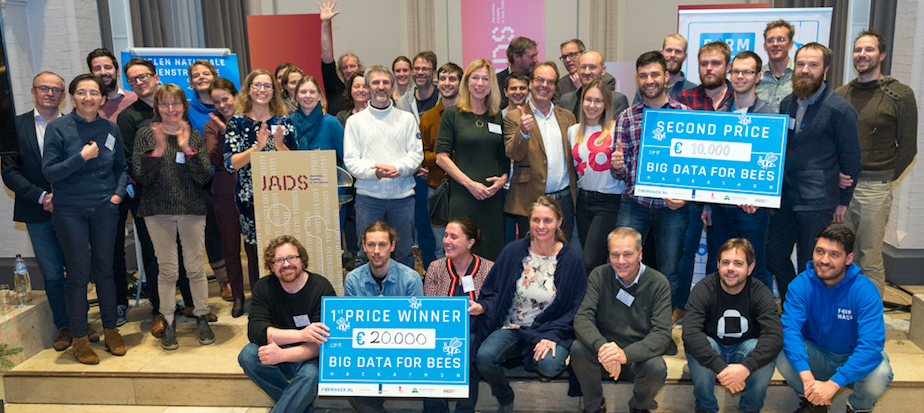
Also, hackathons do not need to be just about people who understand data, code and technology. We find that the real magic happens when you use your event to connect stakeholders across different disciplines. Hackathon type of activities can bring people together, from full stack developers to farmers, from data scientists to NGO’s. These cross boundary conversations help to demystify technology, expose tech ideas to the practice of farming and collaboratively work on better designed ag-tech projects.
There are many more things to be said about hackathons. For now, I would just to make the point that in our experience no hackathon is alike. We have done small dedicated events around the innovation idea of a single farmer, with a few dedicated teams, but we also have done events with over a hundred participants, in collaboration with Ag (Tech) companies. It is one of the benefits of the format: you can tailor make it to almost any situation.
Partners and sponsor of the 2019 WUR life Sciences Hackathon (2019):

The Hackathon Toolkit
In support of the SmartAgriHubs program we have open sourced our methodology. A rough first draft of our DIY toolkit can be found here, we will be launching a proper website within a month. If you quickly want to get a feel for the type of work that is involved, you could browse through the google doc that describes the fast track for organising your own hackathon.
In the Toolkit we have broken the hackathon process down in six distinct phases. Typically these phases run in parallel and overlap, as opposed to working consecutively. As a hackathon organiser, you will be playing chess on multiple boards, creating a funnel towards the actual hackathon.
The life-cycle of a hackathon: six key phases
Start out by delimiting one or multiple problems. These problems could range in scale, number, type of stakeholders involved and domain areas. Read on to learn how to recognize hackathon-suitable problems, the need for focus and how to distill relevant sub-topics as hackathon challenges.
Perform an in-depth analysis of the problem. Here we explore what the underlying questions behind a particular problem are and what feasible solutions stakeholders have considered or are considering.
Pin-point all the concerning stakeholders of your problem. The impact and longevity of the outcomes of your hackathon critically depends on the participation of key stakeholders in the ecosystem, just as the topic and agenda of the event. Read more on who is who and how to identify the ideal challenges in the dedicated section.
Commit people to your hackathon. This phase will put any event organiser to the test. Lesson learned by FarmHack: choose quality over quantity. Learn more on how to curate for teams with a fine balance between problem owners, stakeholders, domain experts and free ‘tech savy’ agents that will spice up your event.
The actual hackathon, where the magic happens! Every hackathon is an original, you can tailor it to any circumstance. Read more to find out how you secure sweet hackathon results, that make this format stand out from your average brainstorm or pressure cooker session.
The afterparty. Build partnerships on top of the hack results. After approx. 30 hours of collaboration and coding, results are still very early stage. How to embed results and maintain commitment, is crucial.
SAH Forum and Support
If you have any questions, or want to know more about the toolkit, please visit the Smart Agri Hubs Forum at https://forum.smartagrihubs.eu or email to info [at] farmhack.nl




